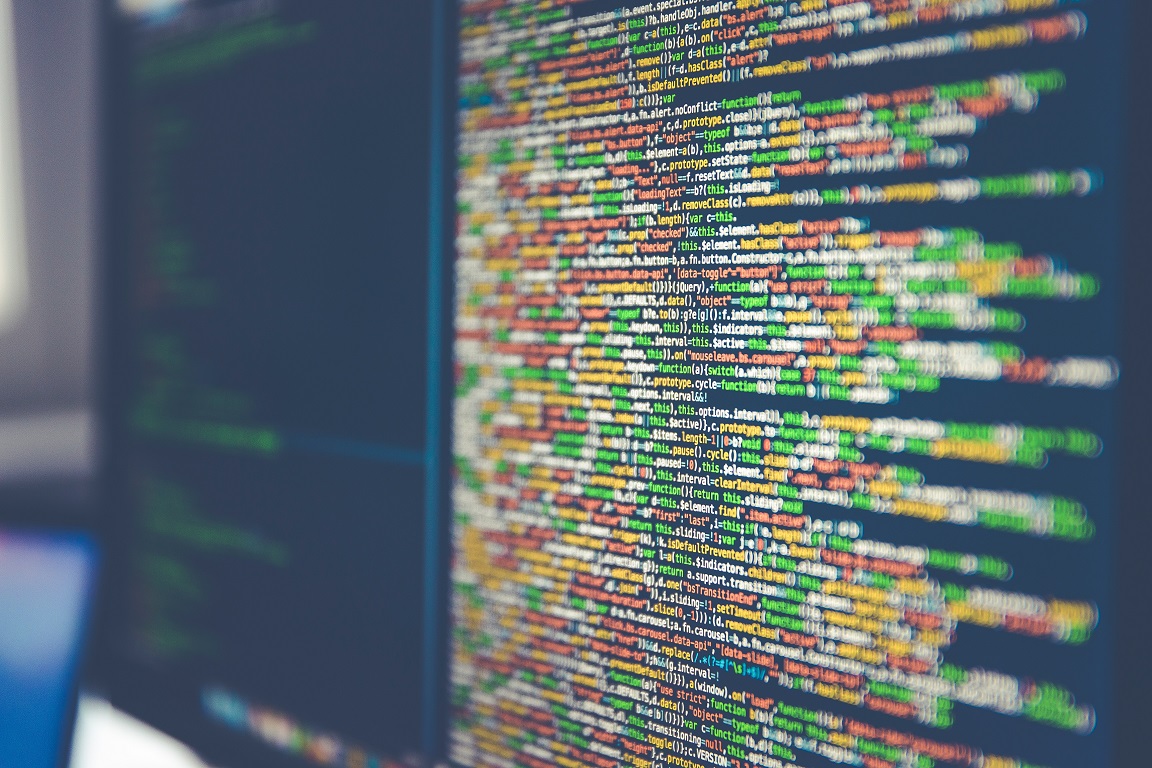I faced an economic and reputational loss yesterday when I missed two deadlines of articles that I had to deliver to clients who have been long associated with me. And before you start judging me and think that I was partying and hungover, no, that was not the case.
Not this time, at least.
I could not deliver as committed, because I live in Rajasthan, a state which has a special affinity for internet shutdowns. Yes, I could not work for three days because I had no access to the internet, which is crucial in my line of work, as to most of the lines of the work. So, today when the shutdown is finally over, I am writing to voice my opinion on this new darling of the authorities – internet shutdown!
During an internet shutdown, broadband or mobile internet is intentionally disrupted as ordered by relevant authorities so that it becomes unusable for a population group in a specific geographical area. It is chiefly done in periods of unrest to regulate the flow of information.
India leads the world in the number of shutdowns in a year, with Rajasthan being second on the list, after Jammu and Kashmir. For those who believe in statistics, India had 31, 79 and 134 shutdowns in the years 2016, 2017 and 2018 respectively and for the first half of 2019, 59 internet shutdowns so far.
First of all, it must be understood that internet shutdowns are a powerful means to achieve control. However, if not used with the correct intention by the government or with a lack of safeguards, it can be misused.
The Ministry of Communications published rules for shutting telecom services and the internet in India. The rules specified who can make the order but they forgot to formulate rules for the specific conditions or grounds on which a state or central authority can order it. And, no prizes for guessing, it led to what we are now facing very often – where the internet is banned whenever the state government deems fit or to its expedient.
Also read: Centre Asks Colleges to Link Students’ Social Media Handles With MHRD
Let me enumerate the benefits of these shutdowns before I go on diatribe of criticism. Shutdowns help in cutting down the spread of rumours, which is a valid point, since Indians still do not understand the concept of fake news and gets aroused by sensationalism. Online rumours play a role in catalysing violence.
However, a study at Stanford University has found a link between the co-occurrence of violence with shutdowns, stating “information blackouts compel participants in collective action in India to substitute non-violent tactics for violent ones that are less reliant on effective communication and coordination.”
It means that as opposed to the common or governmental notion, internet shutdown appear to promote violent action.
The primary concern with internet shutdowns is the threat to our fundamental human rights as it violates people’s right to information and freedom of speech. It adversely impacts the social communication among vulnerable communities, general population, media and aid workers, thereby adding fuel to fire at times of crisis.
It also leads to huge economic losses, as it did for me.
As per the report of ICRIER India lost 16,315 online hours between 2012 and 2017 due to shutdowns. These lost hours cost an estimated $3.04 billion (22,154 crore INR) to the country. Yes, you read that right. Say bye-bye to your dreams of Digital India.
The United Nations had condemned the restrictions on the internet in Jammu and Kashmir by acknowledging that it has a disproportionate effect on the fundamental rights of people and had the character of collective punishment.
So, it must be realised that internet shutdowns cannot and should not be the preferred choice of action for governments in times of crisis – especially in this digital age. On the contrary, the internet is all the more needed in times of crisis.
Instead of cutting it off, measures should be taken to raise awareness regarding fake news and responsible dissemination of information.
Laiba Siddiqui is a physician turned writer who is currently working as an Editor (Remote) at Notion Press. She has been reading books ever since she can remember, and is currently trying to write one herself. You can find her on Instagram @the_debatable_twocents.
Featured image credits: Unsplash

